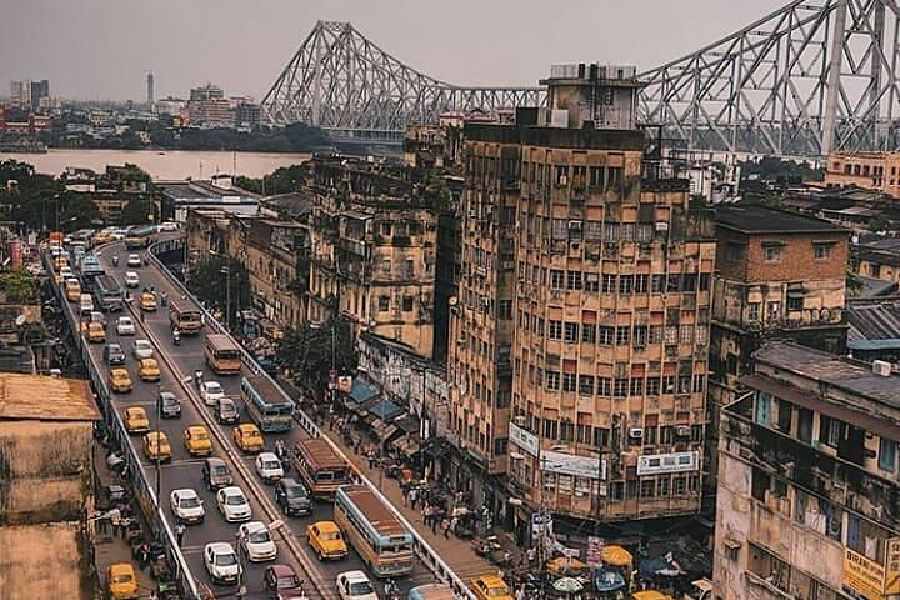The city ranked ninth dirtiest city in the country in a Union government survey among cities with a population of over a lakh.
A look at the scorecard showed Kolkata slipped mainly on its poor performance in waste processing, cleanliness of public toilets, segregation of waste at source, remediation of old dumpsites, and poor cleanliness of water bodies.
The city overall scored 11 per cent — 1050.6 out of 9500 — and was ranked 4,387 out of 4,477 cities, irrespective of the population size, considered for the recent study.
The assessment, undertaken by the Union housing and urban affairs ministry, declared Howrah the dirtiest city on the list of 1lakh-plus cities.
Officials in the state urban development department countered the report, calling it biased, and said the survey had not considered waste management in Kolkata and other cities in Bengal.
An official said the state’s decision not to formally join the survey might have contributed to the poor ranking.
“This report is meant to malign the image of the state,” state municipal affairs and urban development minister and Kolkata mayor Firhad Hakim said. “So many people have come to the city in recent times and applauded its cleanliness,” he said.
A Union government official involved with the study said: “There is no question of malice, the final results only reflected the study’s findings.” The official did not want to be named.
The report card showed Kolkata scored zero per cent in parameters like waste generation vs processing and cleanliness in pubic toilets. It got 13 per cent in remediation of dumpsites, 24 per cent in source segregation and 27 per cent in cleanliness of water bodies.
Kolkata did well in door-to-door collection, cleanliness in residential areas and cleanliness in market with 89, 77 and 76 per cent, respectively.
The survey considered eight parameters.
“The report does not reflect the actual status of Kolkata in waste management. Strangely, the city scored zero in waste processing despite running a 500-metric tonne plant to convert biodegradable waste to manure and recently adding another 500-tonne plant for processing construction and demolition waste,” said Arunabha Majumdar, former director and head of the All India Institute of Hygiene and Public Health.
“We have started remediation of old dumpsites in the city and processed 18lakh metric tonnes of waste in Dhapa out of around 73 metric tonnes. Though much work is to be done, 13 per cent for Kolkata in this sector seems harsh,” said a senior official of the state urban development department.
Sujoy Chakraborty, chairperson of the board of administrators in Howrah, said the city’s waste management is much better than what the study reflected.
“How can we score zero in waste processing when we are running a waste treatment plant in our Belgachhia dumpyard?” an official in Howrah asked.
